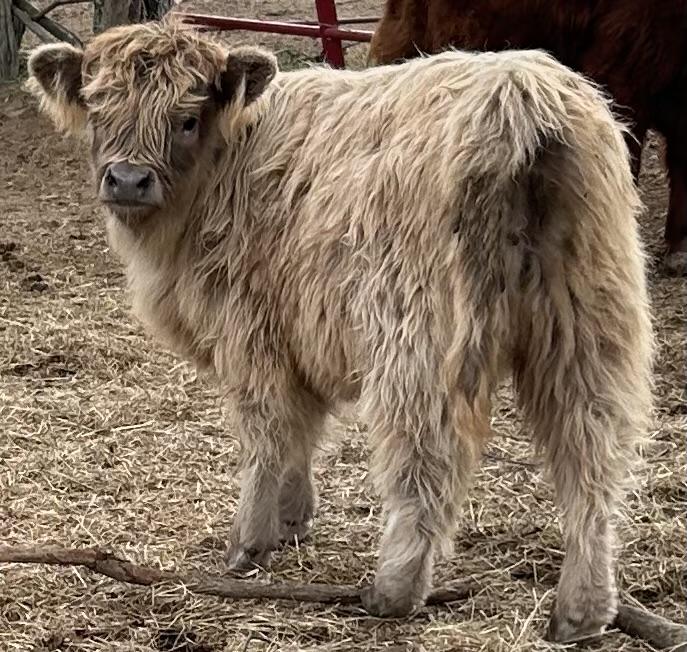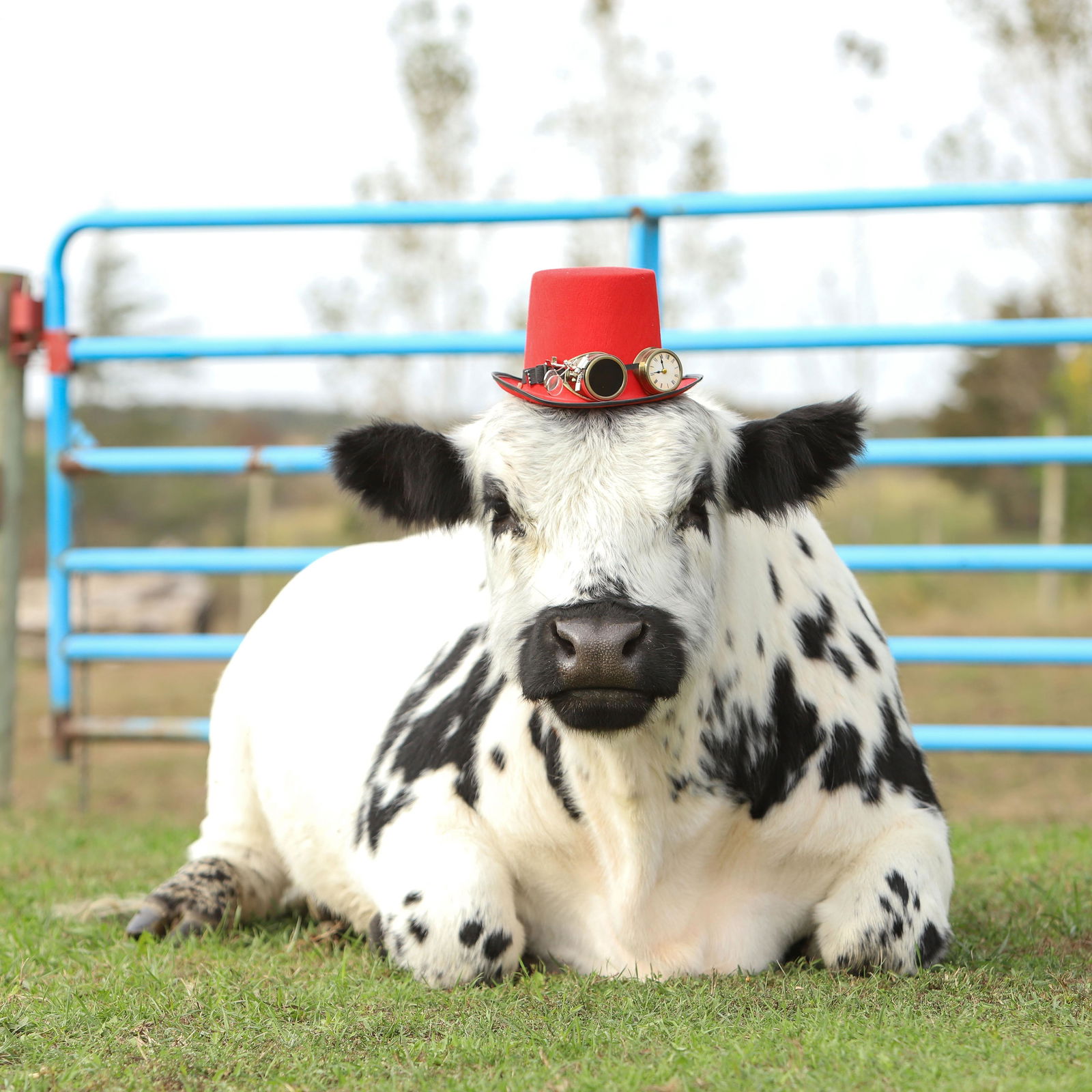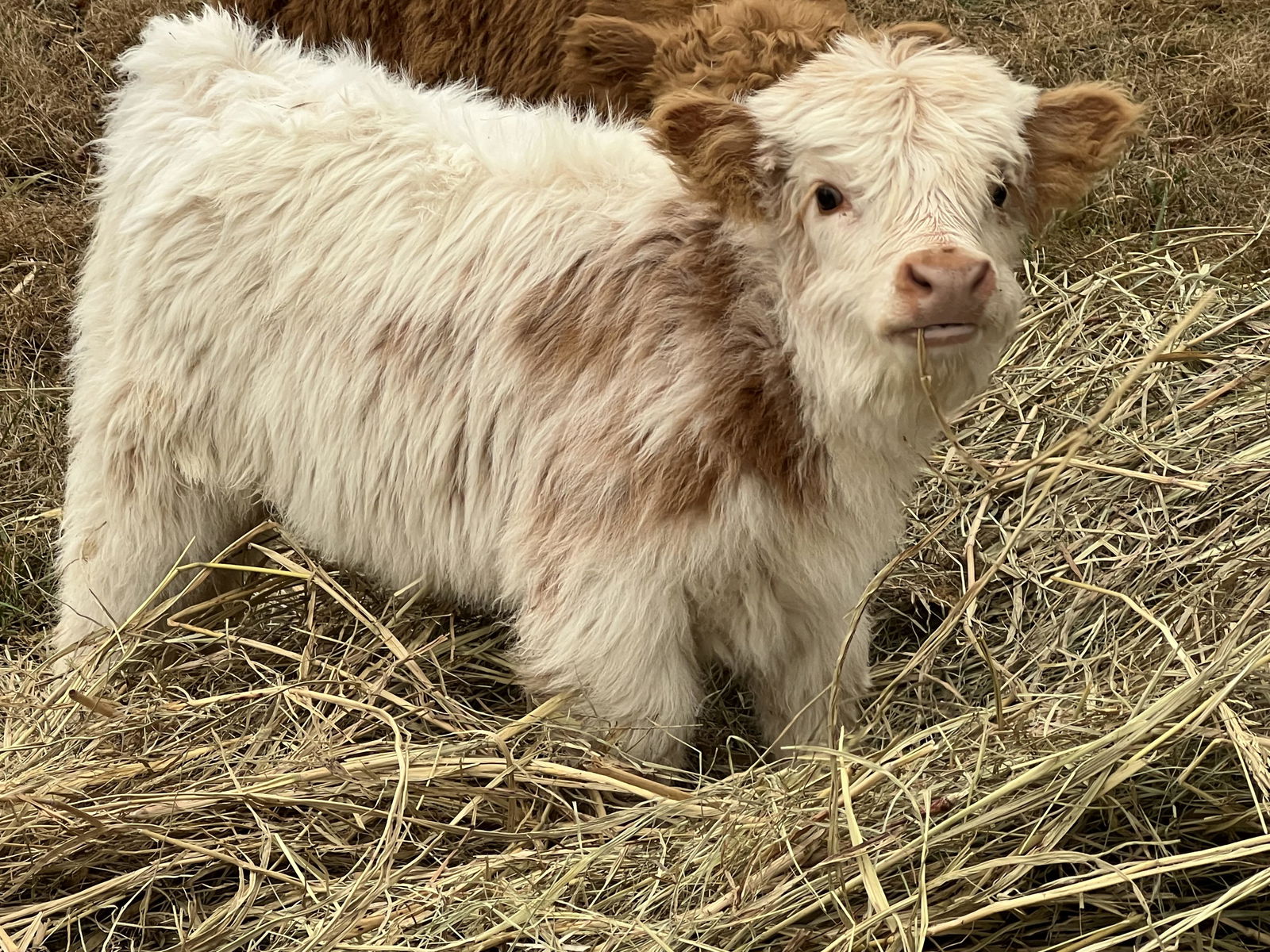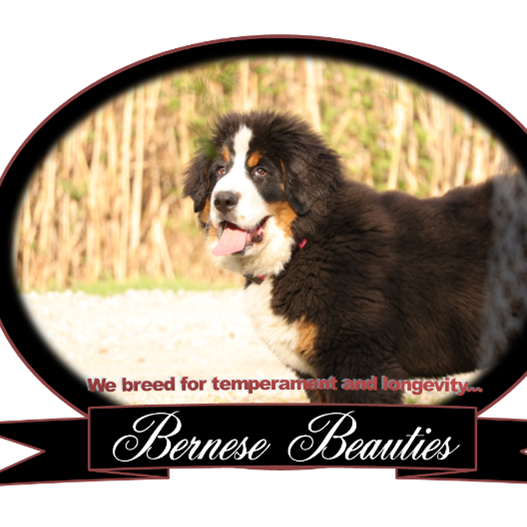
Donkey vs Mini Horse: Which One Is Right for You?
Author: Elliott Garber, DVM
Ever caught yourself doing a double-take at a small equine and wondering “Is that a donkey or a mini horse?” You’re not alone. These adorable creatures do occasionally get mistaken for each other.
While both animals might look like they’ve been hit with a shrink ray compared to their full-sized cousins, they’re unique in their own charming ways. From their personalities to their care requirements, understanding these differences isn’t just about winning trivia night at your local barn – it’s essential knowledge if you’re considering adding one of these compact companions to your family.
Key Differences Between Donkeys and Mini Horses
Let’s dive into what makes each of these charming equines special – from their looks to their quirky personalities.
Size and Physical Characteristics
Mini horses typically stand less than 34 inches tall at the withers, while miniature donkeys can be slightly taller at up to 36 inches. When it comes to weight, mini horses tip the scales at 150-350 pounds, while donkeys are generally heftier at 200-450 pounds.
The physical differences don’t stop there. Mini horses sport short, pointed ears, long flowing manes, and full, horse-like tails. They’re built like their larger cousins – just in a more compact package. Their coats come in a rainbow of colors: bay, black, pinto, or palomino.
Donkeys, on the other hand, rock those signature long ears, short stiff manes, and tails with tufted ends. They’re built more sturdily, with thicker necks and stronger hooves. Most donkeys come in shades of gray, brown, or black, often sporting that classic dorsal stripe down their back.
Temperament and Personality
Mini horses are the energetic socialites of the equine world. They love:
- Running with their buddies
- Playing with toys (yes, they’re that adorable)
- Getting attention through gentle nuzzles
- Picking up new tricks faster than you can say “carrot”
Donkeys march to the beat of their own drum. They’re the thoughtful philosophers of the barnyard:
- They’ll take their sweet time sizing up new situations
- Form deep bonds with their favorite humans and animal friends
- Remember faces and places like they’re storing them in a mental filing cabinet
- Guard their territory with surprising dedication
Both make fantastic companions – it’s just about matching their personality with yours. Mini horses thrive on interaction and training sessions, while donkeys appreciate consistent routines and patient handling.
Care and Maintenance Requirements
Taking care of these pint-sized equines isn’t rocket science, but each has their own specific needs. Let’s break down what it takes to keep them healthy and happy.
Housing Needs
Both mini horses and donkeys need a cozy place to call home – somewhere that keeps them safe from nasty weather and unwanted visitors. A simple 8×8 foot run-in shelter works great for two animals. Here’s what makes a perfect mini-equine home:
- Fresh, clean bedding (swap it out weekly)
- Good drainage (nobody likes soggy hooves!)
- Sturdy fencing at least 4.5 feet high
- Plenty of fresh air flowing through
- Protection from those chilly winds and rain
Feeding and Nutrition
Think of mini horses and donkeys as having completely different metabolisms – like comparing a hummingbird to a tortoise!
For mini horses:
- They’re natural grazers who do best with 4-6 small meals throughout the day
- Fresh grass hay is their go-to meal
- Watch the pasture time – these little ones can pack on pounds quickly
- Keep fresh water available 24/7 (they’ll drink 4-8 gallons daily)
- Add minerals based on what your local soil might be missing
Donkeys are the desert survivors of the equine world:
- They thrive on high-fiber, lower-quality roughage
- Keep them away from rich, lush pastures
- They’re more efficient drinkers, needing just 3-6 gallons of water daily
- Add minerals based on what your local soil might be missing
Both need:
- Fresh, clean water (changed daily)
- Regular deworming
- Daily hoof checks
- A farrier visit every 6-12 weeks
- Access to salt and minerals
Working Capabilities and Uses
These compact equines aren’t just adorable – they’re surprisingly capable workers, each with their own special talents.
Pack Animals and Guard Animals
Donkeys are the unexpected heroes of the working world. Despite their size, they can haul 50-80 pounds of cargo like champs. What makes them so good at it?
- They’re sure-footed on rough ground (like mountain goats with longer ears)
- Keep their cool in tough situations
- Pack a surprising amount of strength in their compact frame
- Come with built-in security system instincts
Although some people like to think that mini donkeys can be an effective security presence, most experts don’t recommend this role for them.
Riding and Driving
Mini horses shine in the driving department – they’re natural cart-pullers with style:
- Handle carriages and carts like pros
- Love showing off in driving competitions
- Make light work of small loads
- Navigate obstacles with surprising agility
When it comes to riding:
- Mini horses are perfect for kids under 70 pounds
- Donkeys can handle adults up to 125 pounds
- Mini horses need proper driving gear
- Donkeys keep it simple with basic tack
The weight-carrying abilities tell an interesting story:
- Mini horses can pull 150-200 pounds in a cart
- Donkeys manage 100-150 pounds when driving
- Pack loads range from 20-40 pounds for minis to 50-80 pounds for donkeys
- Riding weight limits ensure everyone stays safe and comfortable
Health Considerations
Mini horses and donkeys each face their own unique health challenges. Understanding these differences is key to providing the right care.
Common Medical Issues
Donkeys are surprisingly delicate when it comes to weather – their coats aren’t waterproof, making them vulnerable to rain and dampness. They’re also masters of hiding illness, often showing such subtle signs that even experienced owners might miss them. Respiratory issues pop up quickly in damp conditions, and these social creatures can develop health problems if kept alone.
Mini horses have their own set of challenges. Their efficient metabolism makes them prone to obesity – think of them as too good at processing their food. They’re more likely to develop colic from overeating, need regular dental care, and some bloodlines can face complications related to dwarfism.
Lifespan and Aging
Donkeys typically live 25-35 years, while mini horses clock in at 20-30 years. Both species age differently:
Donkeys stay pretty active in their golden years and maintain steady weight with proper care. They do need extra weather protection as they age, especially from rain and cold.
Mini horses need more attention as they get older – their metabolism slows down, requiring diet adjustments. Regular dental check-ups become crucial, and keeping them moving helps prevent stiffness.
Cost of Ownership
When it comes to costs, both mini horses and donkeys require significant investment – though in different ways.
Initial Purchase Price
Mini horses can range from $1,000 to $100,000, depending on breeding and show potential. Donkeys typically cost less, with prices varying by region and bloodline.
Housing Expenses
The basic setup includes:
- A three-sided loafing shed ($1,500-$3,000)
- Hay storage ($2,000-$10,000)
- Monthly boarding costs ($100-$300 per animal)
Despite their smaller size, mini horses need similar housing setups to their larger cousins. Donkeys require the same basic structures but with extra weather protection.
Monthly Maintenance
Both animals need quality feed, regular vet check-ups, farrier visits, and basic supplies. Donkeys typically cost less to feed, thriving on simple roughage, while mini horses need more specific dietary management.
Monthly costs typically run:
- Mini horses: $200-300 for board
- Donkeys: $100-300 for board
- Both require similar hay storage and shelter costs
Choosing Between a Donkey and Mini Horse
Your choice between these animals should depend on your space, lifestyle, and long-term plans.
Size Considerations
Mini horses top out at 34 inches at the withers and weigh 100-250 pounds, making them suitable for smaller properties. Donkeys tend to be taller and heavier, needing more space to move around.
Lifespan & Commitment
Donkeys can live over 50 years – a remarkable commitment that might span generations. Mini horses typically live 25-35 years, still a significant investment of time and care.
Feeding & Care Requirements
Mini horses need:
- Regular portions of quality grass hay
- Careful feeding schedules
- Close monitoring for weight gain
Donkeys thrive with:
- Coarser forage
- Simple feeding routines
- Natural grazing habits
Conclusion
Your choice between a mini horse and donkey should align with your lifestyle, space, and long-term commitment level. Mini horses suit those seeking an energetic, trainable companion, while donkeys make excellent guardians with steady personalities.
Consider your available space, daily schedule, and future plans carefully. Both animals offer decades of companionship when matched with the right owner.

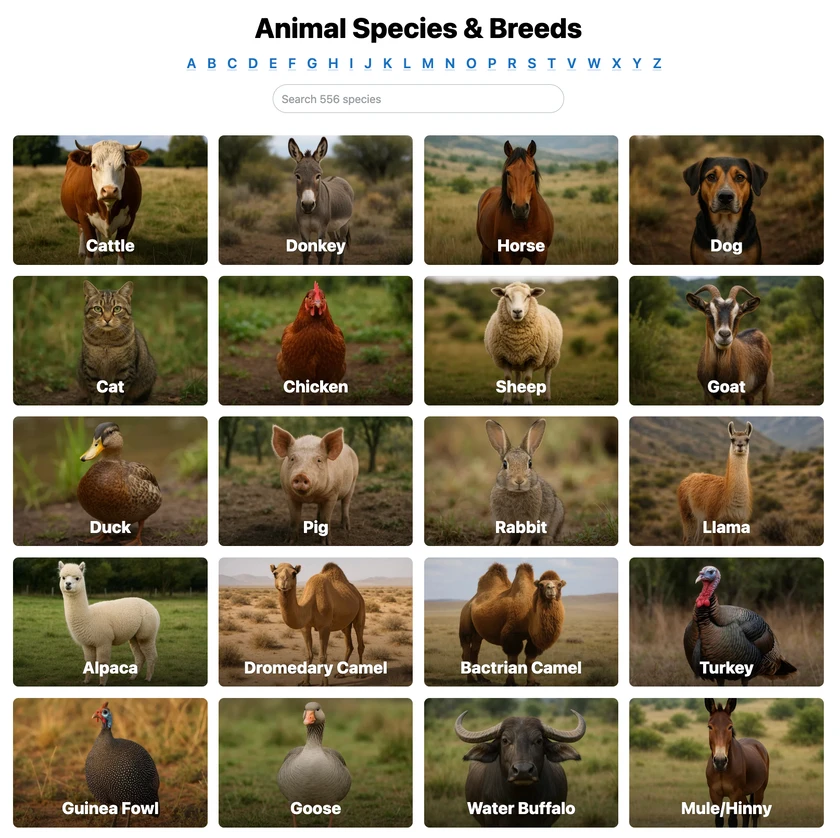 All Species & Breeds
All Species & Breeds
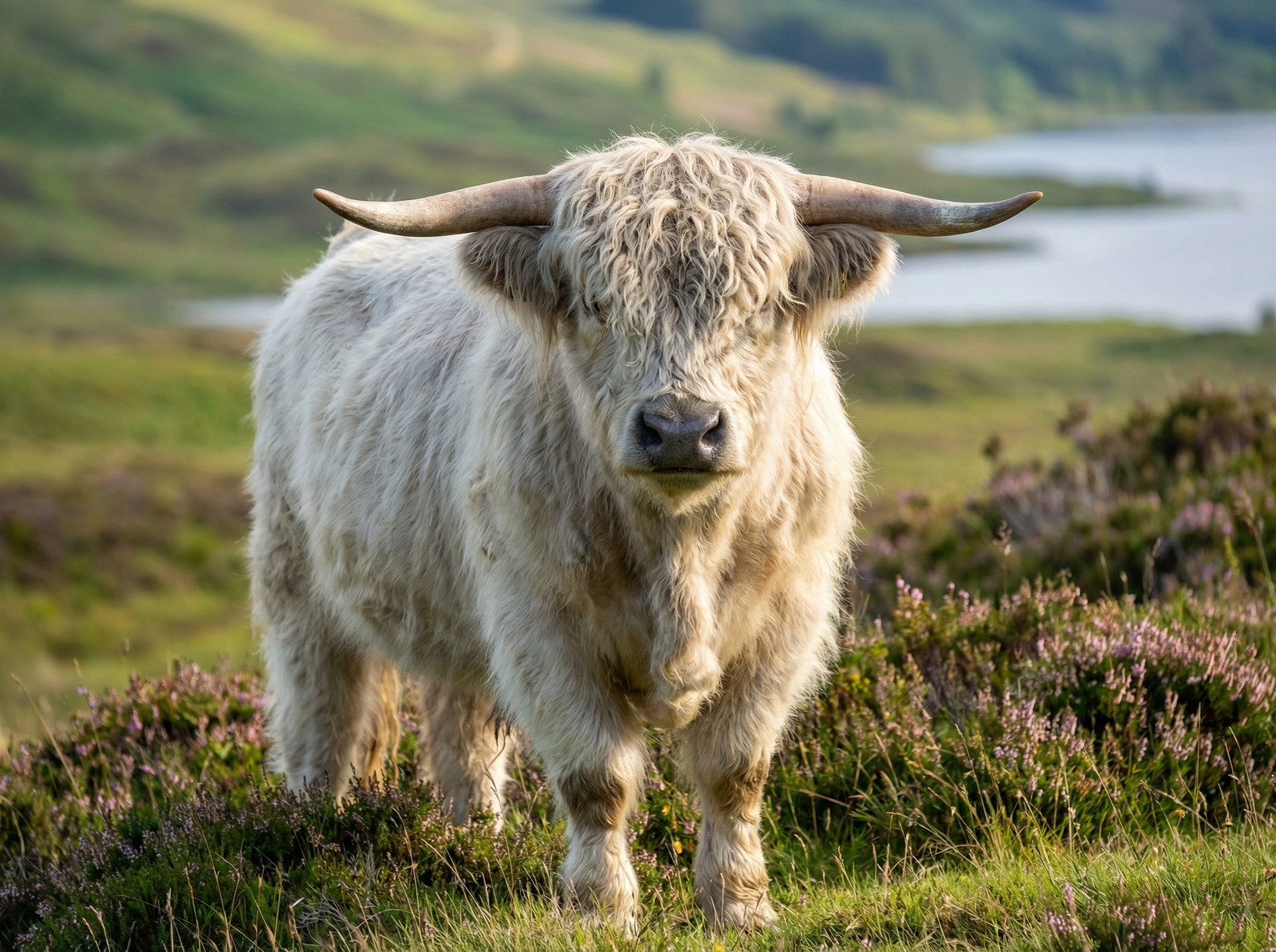 Highland Cattle
Highland Cattle
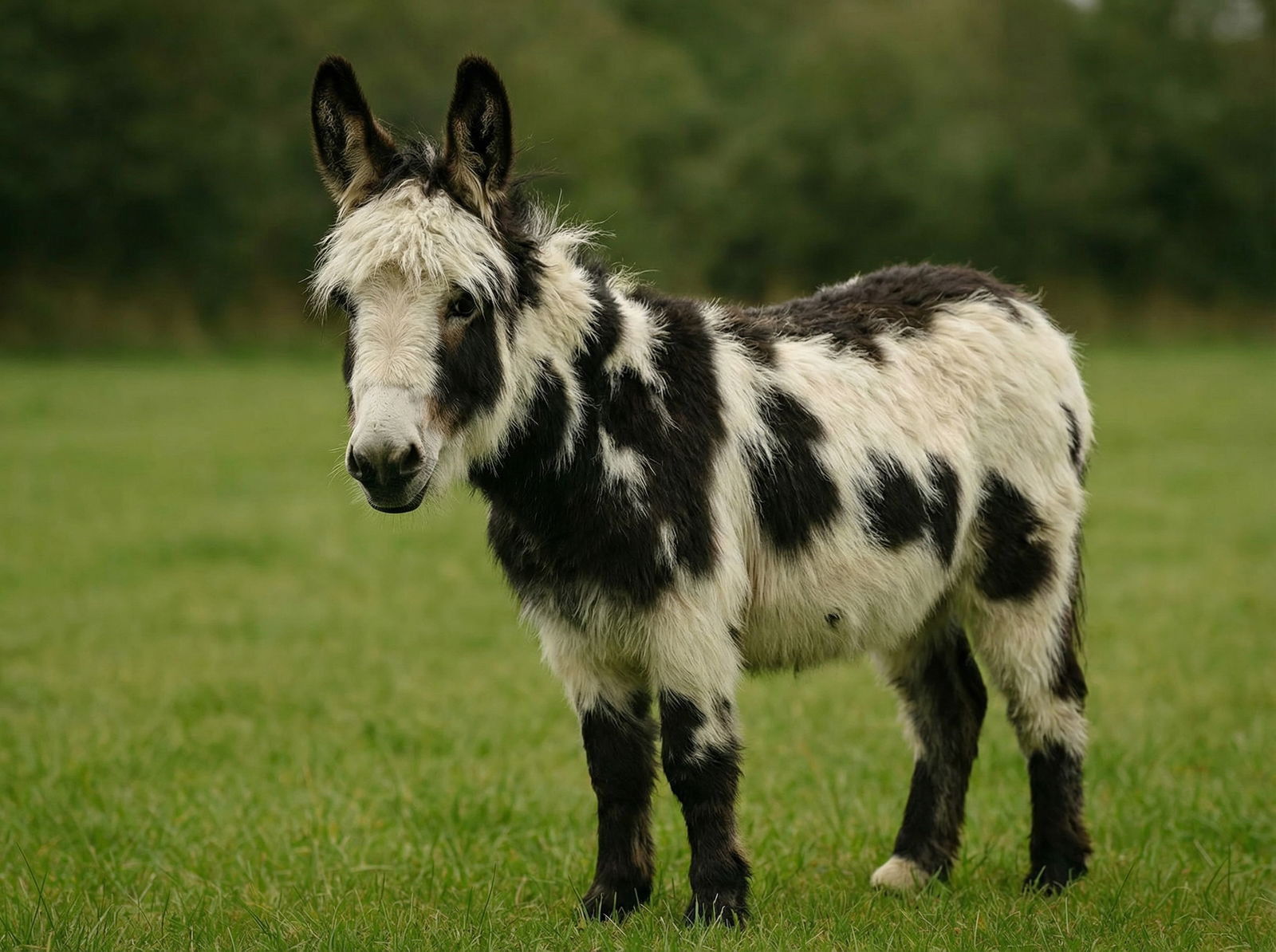 Miniature Donkeys
Miniature Donkeys
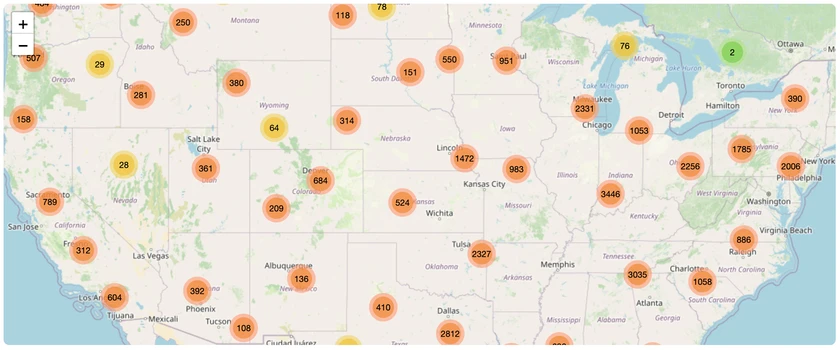 All Species Directory
All Species Directory
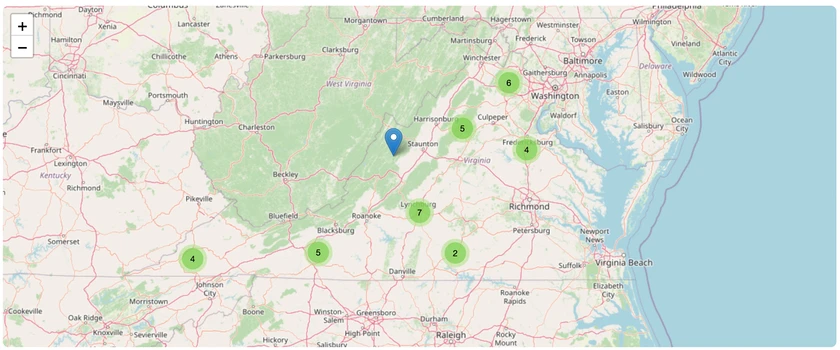 Highland Cattle in Virginia
Highland Cattle in Virginia
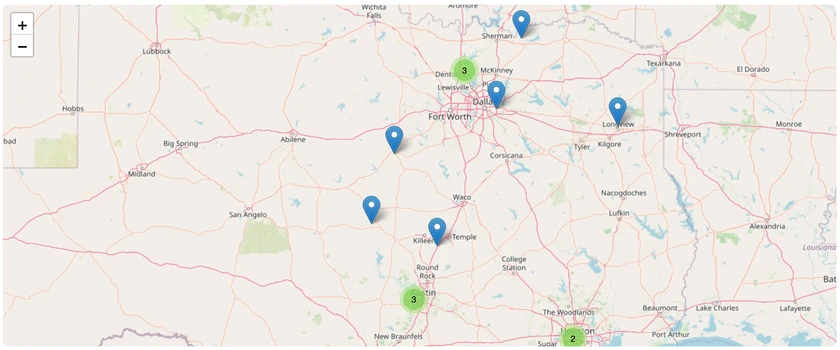 Miniature Donkeys in Texas
Miniature Donkeys in Texas








